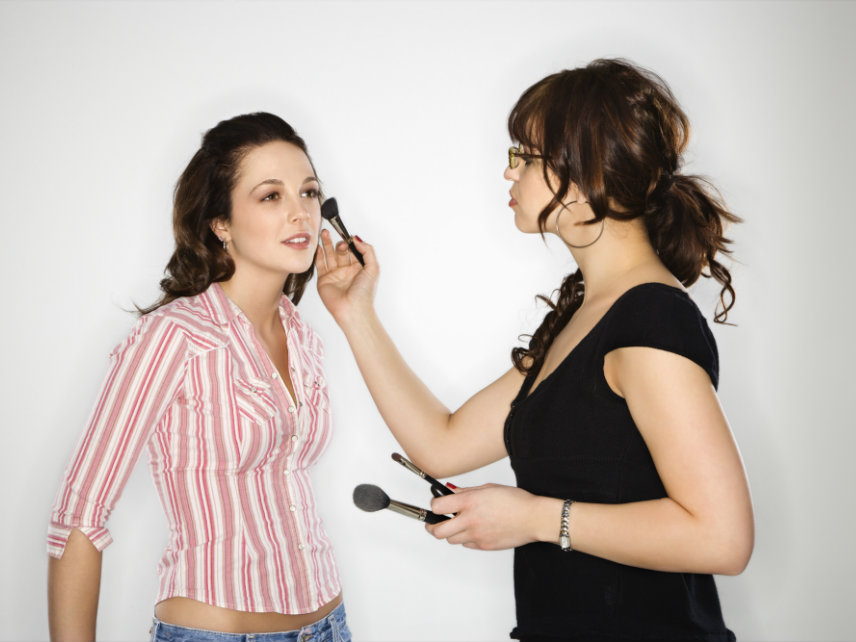Loosening Looney Licensing Laws Likely to Lift Labor Force
New report says states could see 4.5 percent job growth by cutting red tape in 10 oft-licensed professions.

State lawmakers looking for a quick way to jump-start economic growth could boost employment by loosening licensing laws.
That's the main takeaway from a new study published this week by the Wisconsin Institute for Law and Liberty, a Madison-based think tank. Researchers looked at 10 low-level professions subject to occupational licensing in all 50 states—including cosmetologists, massage therapists, veterinarian technicians, and locksmiths—and found that reducing barriers to entry in those fields could boost employment by 4.5 percent, on average.
"This new study provides critical evidence that when states enact burdensome occupational licensing laws, it serves to hurt employment," says Collin Roth, a research fellow at the institute. "Policy makers must now consider if the current protections that licensing provides are worth the price in lower employment."
Requiring a government-issued permission slip before someone can go to work restricts employment in several ways. Getting a cosmetology license, for example, often requires taking thousands of hours of expensive training—often in skills unrelated to the services an individual wants to learn. Someone unable to spend thousands of dollars on beauty school, or someone unable to take that much time off from work, will be unable to pursue a new career.
Within one profession, the licensing requirements can vary widely. Does a cosmetologist need 2,300 hours in the classroom, as Oregon requires, or can he or she learn what is necessary in a mere 1,000 hours of training, as is required in New York and a few other states It's certainly not true that makeup artists in Portland are all more skilled than those in New York City.
Similarly, there doesn't seem to be a rash of injuries or complaints from salon patrons in states like Massachusetts, where cosmetologists get a mandatory 1,000 hours of training, relative to states with higher licensing requirements.
The report does not consider the ramifications of getting rid of licensing laws, just of reducing them across the board to match the laws in whatever state has the least burdensome requirements. Doing that would spur job growth of better than 5 percent in the 23 states with the highest licensing burdens, researchers project.
While licensing laws are often sold as a way to protect public health and safety, the evidence suggests that the rules owe more to political pressure. "Empirical work suggests that licensed professions' degree of political influence is one of the most important factors in determining whether states regulate an occupation," a 2015 White House report on licensing concluded. President Donald Trump's secretary of labor largely agrees with those Obama-era conclusions, and he has promised to work to roll back onerous occupational licensing laws. A bill introduced earlier this year by Sen. Mike Lee (R-Utah) and Rep. Dar Rep. Darrell Issa (R-Calif.) would nudge states to exercise greater control over those licensing laws that exist solely to limit competition.
Research from Morris Kleiner, a labor economist at the University of Minnesota, and the Heritage Foundation, a conservative think tank, shows that American households pay between $400 and $1,500 more annually for goods and services because licensing laws distort prices. Licensing laws take more than 3 million jobs out of the economy, according to the Brookings Institution, a center-left think tank.
